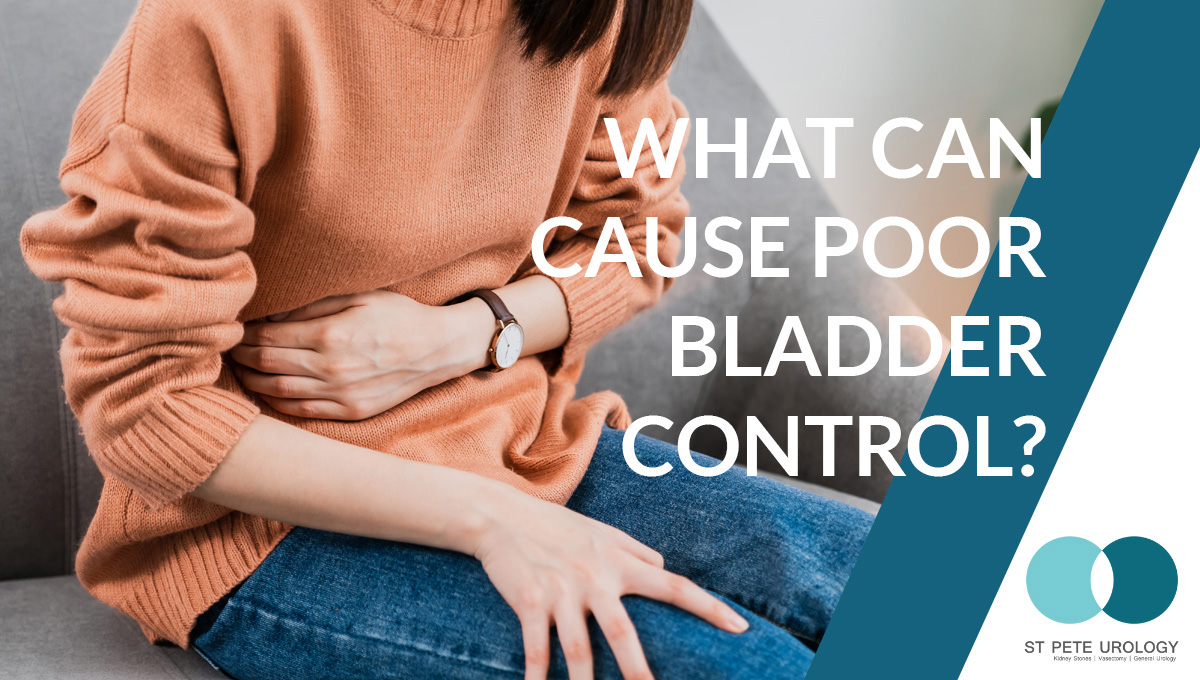 Diet is generally critical in the prevention, treatment and recovery from urinary tract infections (UTIs). Some diets boost immunity and protect against UTIs while others reduce irritation in the urinary tract and hasten the healing process. Still some diets help to shed off bacteria and lower the risk of UTIs altogether.
Diet is generally critical in the prevention, treatment and recovery from urinary tract infections (UTIs). Some diets boost immunity and protect against UTIs while others reduce irritation in the urinary tract and hasten the healing process. Still some diets help to shed off bacteria and lower the risk of UTIs altogether.
So how does your diet affect UTI?
Plant-based diet
Studies have shown that plant-based diets lower the risk of developing urinary tract infections. In a 2020 study where 9,724 Buddhists were followed over a period of 9 years, it was reported that their vegetarian dietary pattern helped to lower their risk of UTIs by 16 percent.
But how does the vegetarian dietary pattern work? It works in two ways: by preventing bacterial growth and proliferation and by eliminating bacterial reservoirs.
Firstly, a vegetarian diet has low potential renal acid loads (PRALs). As a result, vegetables and fruits make urine less acidic and can prevent the growth of bacteria associated with UTIs.
On the contrary, red meat and other animal proteins have higher potential renal acid loads (PRALs). Therefore a regular diet rich in animal proteins leads to urine that is more acidic and that promotes urinary tract infections.
Secondly, a vegetarian diet pattern avoids foods that are reservoirs for the bacterial strains of E. coli called Extra-Intestinal Pathogenic E. coli (ExPEC). Since these bacteria account for 65-75 percent of urinary tract infections, eliminating their reservoirs prevents UTIs.
In contrast, animal meat, such as poultry and pork, are reservoirs of extra-intestinal pathogenic E. coli. And the frequent consumption of animal-based proteins increases the risk of UTIs.
Yogurt and other fermented products
Regular consumption of yogurt or other fermented dairy products reduces the risk of urinary tract infections by up to 80 percent. That’s because yogurt contains good bacteria, called live and active cultures.
When these bacteria reach your digestive and urinary tract, they crowd out and inhibit the growth of UTI-causing bacteria. The bacterial cultures in yogurt also boost immunity.
Fortunately, these bacteria are never killed by the freezing process. Instead, they only undergo a dormancy state. When eaten and restored to a warm temperature within the body, the bacteria become active and provide protection to the urinary tract.
Berries and fresh fruit juices
Frequent drinking of fresh berry juice lowers the risk of UTIs by up to 50-percent. Berries such as cranberries, raspberries, blueberries and other berries contain the phytochemical called pro-anthocyanidins, which reduces the ability of E. coli bacteria to adhere to the urinary tract walls.
Therefore, fresh berry juice makes it easier to flush out bacteria responsible for UTIs by destroying their capacity to adhere to the lining of the urinary tract. A great way of consuming large amounts of berries in your diet is through smoothies.
Foods rich in vitamin C
Foods rich in vitamin C, such as oranges, lemons, strawberries, and green leafy vegetables, help to change urine pH. The change in acidity of urine prevents bacteria from growing in urine. Vitamin C also boosts immunity and speeds healing.
Fiber-packed foods
Fiber is a critical stimulator of bowel movement. Hence, including bananas and other high-fiber foods in your diet can help you prevent UTIs by encouraging regular bowel movement and minimizing pressure on urine flow.
Increased hydration
Increased water and fluid intake is a dietary measure that prevents UTIs. In fact, drinking at least 8 glasses of water per day lowers the risk of UTIs by up to 40-percent. The high volume of water makes it more efficient to flush out bacteria from the urinary tract.
Cutting down on bladder irritants
Drinking cola soft drinks increases the risk of UTIs by at least 10-percent. According to a 1985 study that involved 225 women, beverages such as soda trigger or worsen urinary symptoms and in turn increase the risk of UTIs.
Like soda, bladder irritants, such as coffee, tea, alcohol, artificially sweetened drinks, and carbonated beverages amplify the risk of lower UT symptoms, such as urinary urgency and frequency, which increase the risk of urinary tract infections.
Timely, effective treatment of UTIs
Are you experiencing frequent urinary symptoms? Would you like a permanent solution to your recurrent urinary tract infection?
At St Pete Urology, we offer prompt, accurate diagnosis and treatment of UTIs. Our objective is to always provide proper treatment of UTIs to prevent serious complications, such as urosepsis and kidney damage, which are potentially life-threatening.
For more information on the diagnosis and treatment of urinary tract infections and other urological problems, visit the site “St Pete Urology.”



 A
A 
 Urological health is critical for overall health. The urinary system is made up of the kidneys, renal pelvis, bladder, ureters, and urethra—organs that are crucial in filtering your blood and creating urine.
Urological health is critical for overall health. The urinary system is made up of the kidneys, renal pelvis, bladder, ureters, and urethra—organs that are crucial in filtering your blood and creating urine. 
 Your urinary system often reflects your overall health.
Your urinary system often reflects your overall health. 
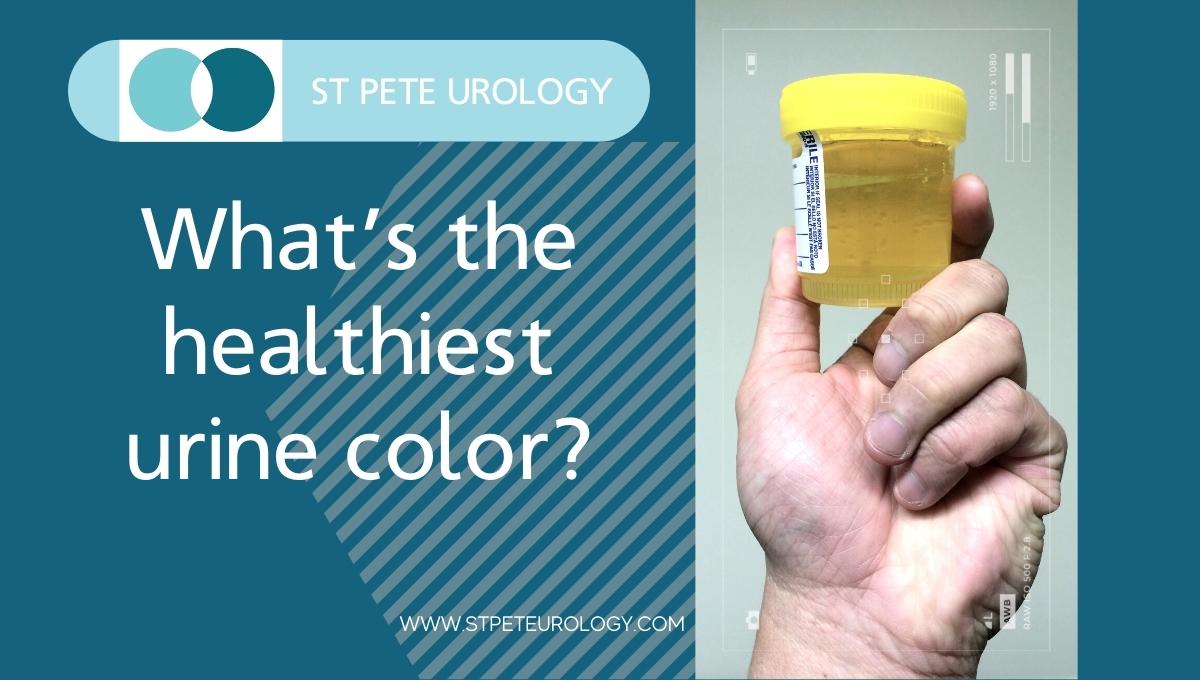
 Urine is liquid waste made by your kidneys as they filter toxins and potentially harmful waste from your blood.
Urine is liquid waste made by your kidneys as they filter toxins and potentially harmful waste from your blood. 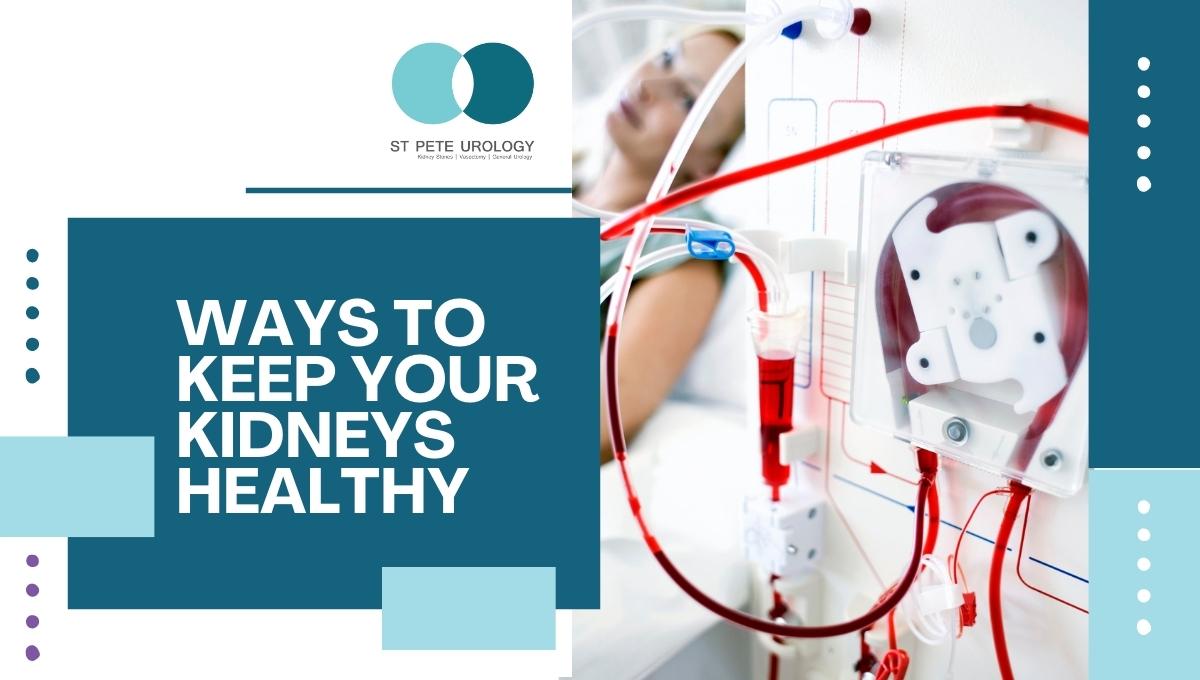
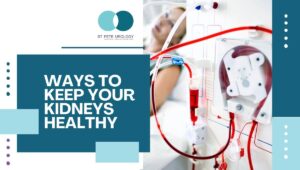 Having healthy kidneys is important for your general health and well-being. The kidneys are vital organs that filter out waste products, excess water and other impurities from your blood. Once removed from blood, the wastes are temporarily stored in your bladder before expulsion in urine.
Having healthy kidneys is important for your general health and well-being. The kidneys are vital organs that filter out waste products, excess water and other impurities from your blood. Once removed from blood, the wastes are temporarily stored in your bladder before expulsion in urine. 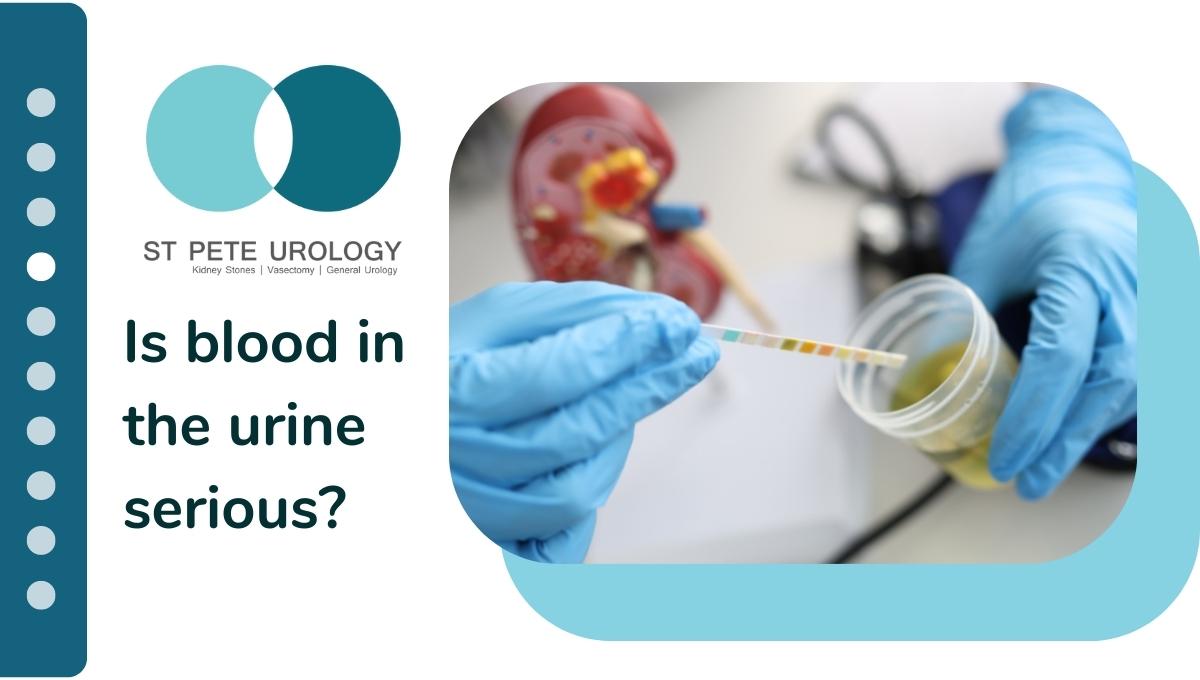
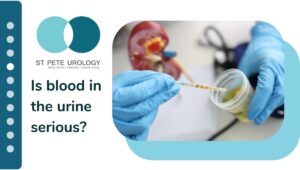 Blood in the urine, medically referred to as hematuria, should always be taken seriously because any blood in urine can indicate an elevated risk of severe health problems even if it occurs once.
Blood in the urine, medically referred to as hematuria, should always be taken seriously because any blood in urine can indicate an elevated risk of severe health problems even if it occurs once. 